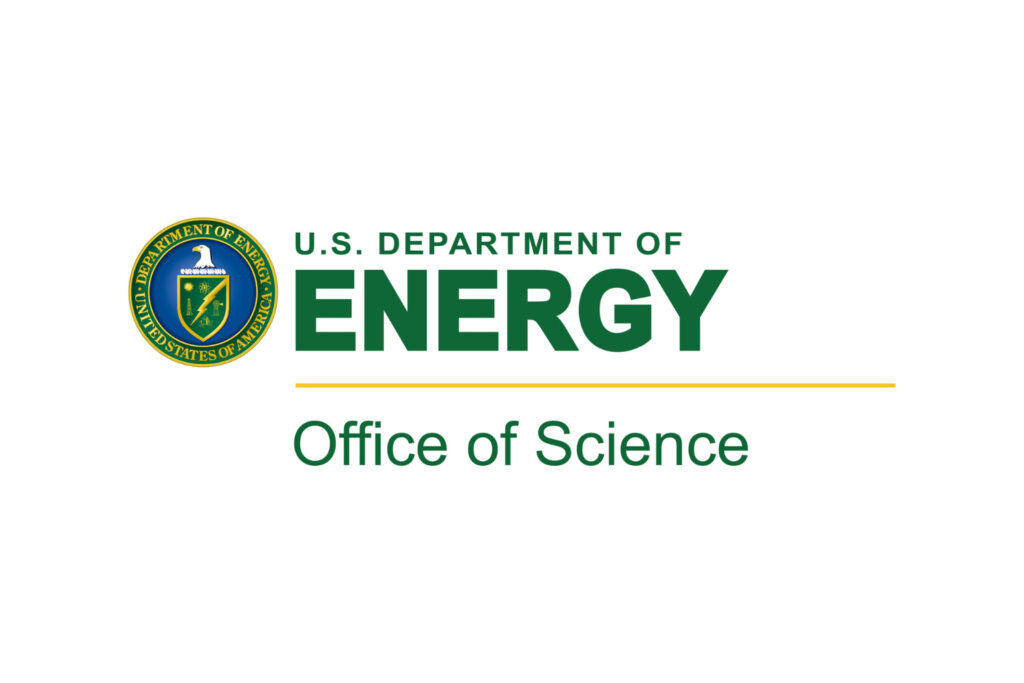Three Stanford and SLAC researchers receive DOE Early Career Awards
The awards provide funding over five years in support of “exceptional researchers during crucial early career years.”
Stanford University faculty member Grant Rotskoff and scientists Auralee Edelen and Noah Kurinsky from the Department of Energy’s SLAC National Accelerator Laboratory will receive Early Career Research Program awards.
They are among 83 recipients selected from a large pool of university and national laboratory applicants. For five years, university-based researchers will receive grants for $150,000 per year, and researchers based at DOE national laboratories will receive grants for $500,000 per year.
With this award, Rotskoff, assistant professor of chemistry in the School of Humanities and Sciences, will study the properties of biomolecular materials that self-assemble. This will involve developing theoretical and computational methods to characterize their properties, such as by controlling their dynamics in changing environmental conditions. Physics-informed machine learning techniques and reinforcement learning will be used to build computational tools to study the characteristics of these nonequilibrium biological systems.
Edelen, an associate scientist, will pursue a study that integrates physics modeling and online machine learning to fine-tune particle accelerator systems, which are used in a vast array of research, including development of medical treatments and investigations of the fundamental laws in physics. Such systems include the Linac Coherent Light Source (LCLS) and the Facility for Advanced Accelerator Experimental Tests (FACET-II) at SLAC. In advancing re-usable machine-learning-based models of particle beam tuning, Edelen aims to support the growing need for faster and more precise tuning.
Staff scientist Noah Kurinsky seeks to draw information from both the quantum information science and high energy physics communities to improve current understanding of superconducting devices and their environmental interactions. This will enable the advancement of sensor technology required for scientists to see energy deposits even smaller than has been seen today. The focus on using quantum bits – or qubits – as detectors will improve current knowledge of rare events that play a vital role in particle physics, such as the search for dark matter.
Read SLAC’s award announcement here.
